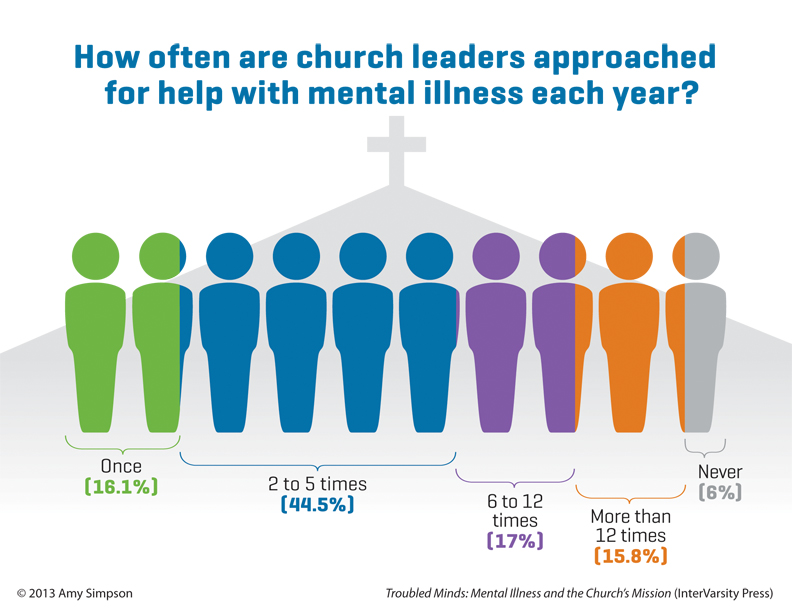Check Out The Compelling Transformation Of Catholic Colleges And Their Notable Impact On Education-- Might Their Traditions Unlock The Possibility For Future Understanding?
Check Out The Compelling Transformation Of Catholic Colleges And Their Notable Impact On Education-- Might Their Traditions Unlock The Possibility For Future Understanding?
Blog Article
Material Author-Medlin Kumar
When you consider the history of education, Catholic institutions stick out for their deep-rooted traditions and enduring impact. These organizations began as a way to impart belief and worths, however they have actually adjusted remarkably over centuries. Today, they play an important function in shaping not just scholastic success however likewise moral integrity. What's interesting is exactly how they have actually managed to thrive in the middle of altering social landscapes, questioning about their future significance and influence.
The Origins of Catholic Education: A Historic Perspective
Catholic education and learning traces its roots back over 1,500 years, when very early Christian areas recognized the requirement for organized knowing. You'll find that these areas intended to hand down their faith and worths through education.
Monasteries and cathedral institutions ended up being facilities of learning, supporting both spiritual and intellectual growth. As you delve deeper, you'll see that the educational program usually included approach, theology, and the liberal arts, developed to form well-rounded individuals.
Over time, the Church established a lot more official organizations, making sure that education continued to be easily accessible to all. https://postheaven.net/lorrine9silvana/catholic-schools-and-character-education-and-learning-instilling-generosity to training ethical values and cultivating a feeling of neighborhood has continued with the centuries, shaping the educational landscape and affecting numerous lives worldwide.
This long-lasting legacy continues to motivate Catholic education today.
The Evolution of Catholic Colleges Via Social Contexts
As societies progressed, so did the role of Catholic colleges, adjusting to the social contexts in which they existed. In the early years, these institutions focused largely on religious direction, however as communities expanded, they started to incorporate regional languages, custom-mades, and academic requirements.
You would certainly notice that Catholic institutions usually came to be centers for social communication, promoting a feeling of belonging among trainees from numerous histories. In lots of regions, they addressed societal problems, such as destitution and discrimination, by offering obtainable education for all.
As you explore various societies, you'll see how Catholic institutions have actually changed their curricula and mentor approaches, showing the values and challenges of their settings while remaining true to their fundamental mission of belief and academic excellence.
The Modern Role and Influence of Catholic Schools in Culture
In today's globe, Catholic schools play an important duty fit not just the academic landscape, yet additionally the wider neighborhood.
You'll discover that these organizations emphasize values like regard, concern, and social justice, cultivating all-round individuals that contribute positively to society. By concentrating on scholastic quality and moral growth, Catholic schools prepare students for future obstacles, supporting crucial thinking and management skills.
They often serve varied populations, connecting spaces in accessibility to quality education. In addition, you might observe their commitment to solution, motivating students to participate in neighborhood outreach and volunteer job.
This blend of education and learning and moral assistance makes Catholic colleges a considerable pressure, growing liable people who can affect their neighborhoods for the better.
Final thought
To conclude, Catholic schools have a rich history that's formed their long-lasting influence on society. You have actually seen exactly how they have actually adapted to various social contexts while maintaining a commitment to faith, values, and scholastic excellence. Today, they continue to play an essential role in fostering neighborhood, advertising social justice, and nurturing accountable citizens. As you assess their legacy, it's clear that Catholic schools remain a powerful force for favorable adjustment worldwide.
